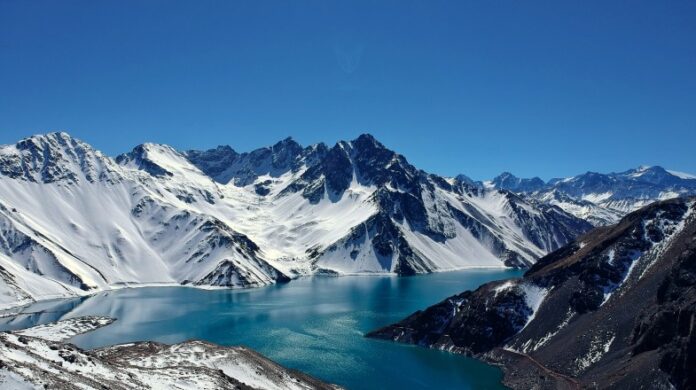Unusual weather patterns have thrown parts of South America into chaos, with Brazil facing widespread flooding while Chile endures its coldest May in over seven decades.
Chileans find themselves hastily trading T-shirts for heavy coats as a sudden cold front blankets portions of South America unaccustomed to such bitter temperatures during autumn. The Chilean meteorological agency reports record-breaking low temperatures along the coast and in Santiago, making this May the chilliest the country has experienced since 1950.
Also Read: Global Birth Rates Anticipated to Decline Significantly by 2050, UN Projections Show
Meteorological experts attribute this unusual cold snap to a succession of polar air masses sweeping over southern regions of the continent, plunging temperatures below freezing in some areas. This extreme weather event is part of a larger pattern of erratic climate phenomena in the region, with Mexico currently sweltering in a heatwave also linked to climate change.
According to Raul Cordero, a climatologist at Santiago University, the duration and early arrival of this cold front are unprecedented. Typically, temperatures below zero are not recorded until June, signaling a significant deviation from the norm.
Meanwhile, Brazil is grappling with heavy rainstorms fueled by warm air pushing in from the northwestern Amazon, exacerbating flooding in several regions. Chile’s government has issued frost warnings for most of the country and increased assistance for the homeless population struggling to endure the frigid temperatures.
Snow has blanketed the Andes peaks and even parts of Santiago, leading to power outages in various areas. The sudden onset of winter has caught many off guard, with street vendors like Mercedes Aguayo experiencing a surge in demand for warm clothing after years of sporadic winters.
Argentina and Paraguay have also felt the impact of this weather anomaly, with energy demand skyrocketing in Argentina. Gas stations and industries in several provinces have had their supplies cut to prevent household outages, highlighting the widespread disruption caused by this unprecedented weather event.



